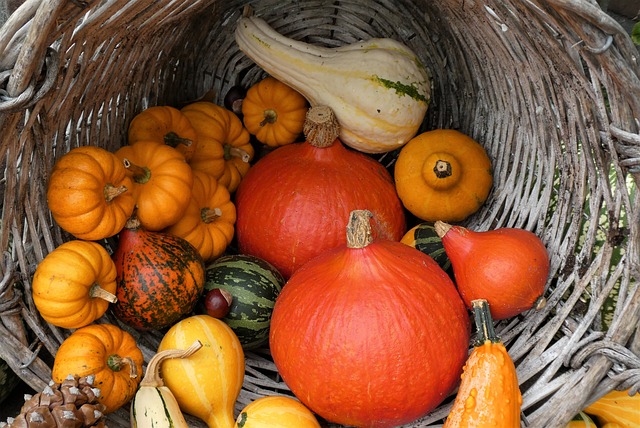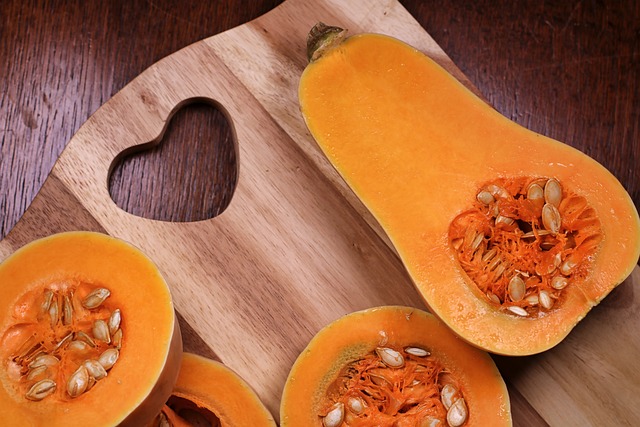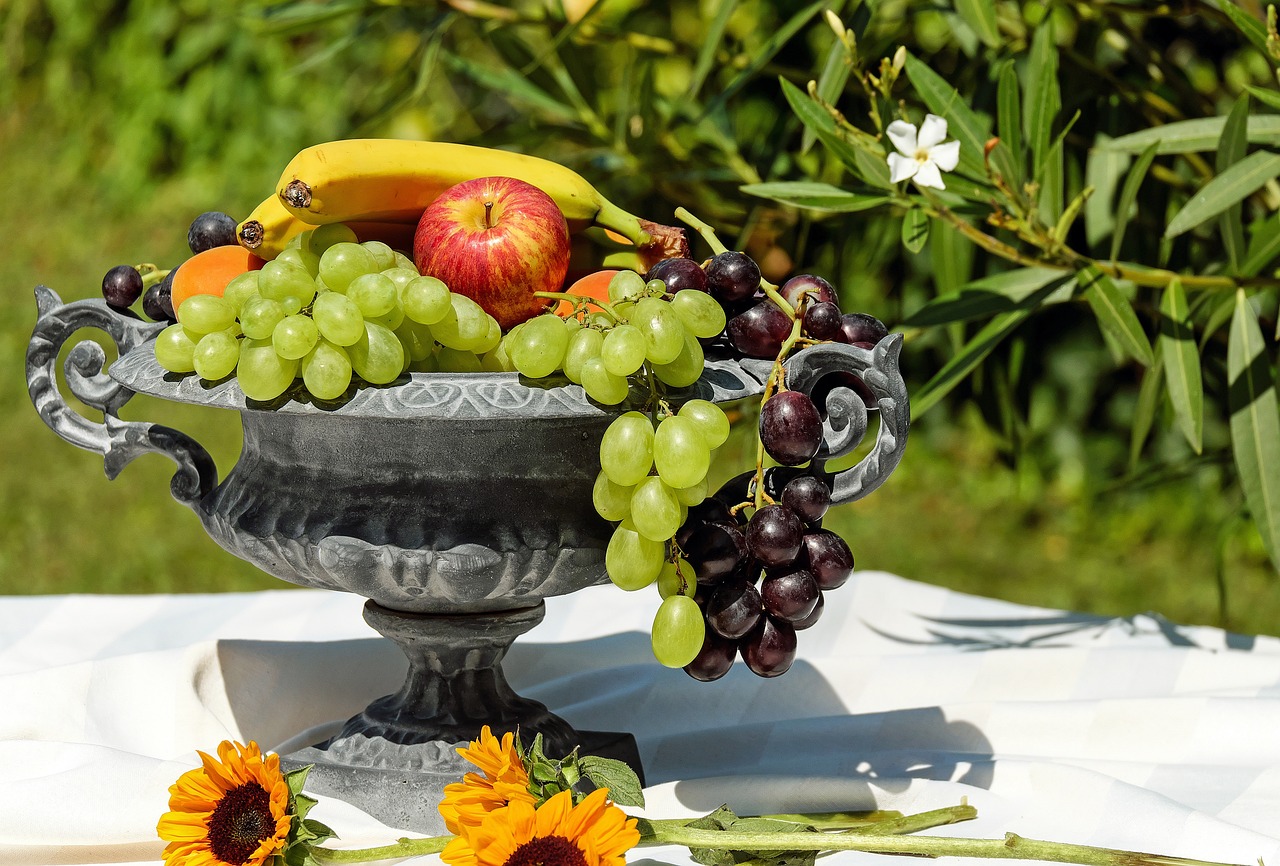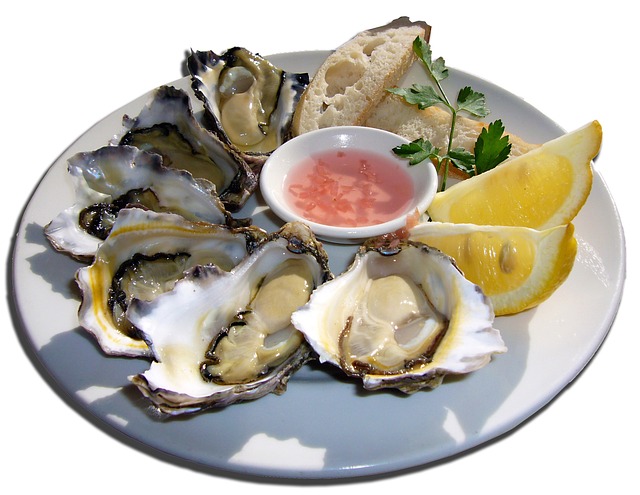Winter Squash: A Rich and Nutritious Vegetable for Health and Welfare
This nutritious and tasty vegetable called winter squash exists in many different types, each offering its own taste and health benefits. It is appropriate to say that winter squash is more durable than summer squash as the former has a hard coat that can preserve it throughout the winter. Butternut squash, acorn squash, spaghetti squash, kabocha squash, and hubbard squash are among the more popular varieties of winter squash. Loaded with vitamins, minerals, fiber, and antioxidants, winter squash contributes positively to different areas of health such as enhancing immunity and looking after heart health.
In this article, we will discuss the benefits of winter squash, how to eat more of this wonderful vegetable, and how it fits into a healthy, active lifestyle.
What Is Winter Squash?
Winter squash refers to some hard-shelled squashes harvested towards the end of the summer or in early fall and consumed after the winter has passed. As it ages, the skin hardens, protecting the flesh and containing a lot of nutrients, thus making it possible to keep for a longer period. Compared to summer squashes, they are usually sweet and savory in flavor, which is why they can be used in the preparation of both sweet and savory meals.
Some popular varieties of winter squash are as follows:
Butternut Squash: Creamy and delicious, butternut squash is mostly used in soups and roasting. It has a smooth texture and sweet taste.
Acorn Squash: Small and round, acorn squash is a sweet squash that works well when roasted, stuffed, or blended.
Spaghetti Squash: Spaghetti squash is used as a low-carb alternative for pasta because of its flesh, which resembles strings.
Kabocha Squash: Kabocha squash is sweet potato-like in shape, and its tengu nutty flavor makes it fit cooking in stews or roasting.
Hubbard Squash: Hubbard squash is spherical, has bumpy skin, and has a strong taste that makes pulp and baked recipes.
The Nutrition Value of Winter Squash
Added to soups, warming casseroles, and pies, winter squash is also healthy because it contains elements, which, as well as being enjoyed in a meal, have other health benefits.
1. Vitamins and Minerals in Abundance
Varieties of winter squashes are rich sources of vitamin A, vitamin C, vitamin E, and some vitamin B complex. As it comes from beta-carotene the very rich form of vitamin A will also be found in it which helps improve vision suppresses immune system diseases and keeps the skin healthy. C vitamin from squash helps enhance the immune system and elasticity of the skin and aids in the synthesis of collagen.
2. Abundant in Free Radicals Scavengers
The bright orange and yellow colors of winter squashes are because of the abundance of antioxidants such as beta-carotene lutein and zeaxanthin. These antioxidants are known to decrease the oxidative stress in the body that may trigger chronic illnesses such as cancer or heart disease. They also serve other purposes and manage to protect one’s vision health by preventing degeneration of the macula related to old age.
3. Aids in the Maintenance of Gut Health
Winter squash has a high content of dietary which contributes to digestive health. Consumption of fiber helps to facilitate bowel movement thus preventing constipation and enhancing the growth of beneficial microorganisms in the gut. It also helps to prop up the fiber content within the squash as well.
4. Contributes to a Healthy Heart
The contents of winter squash; fibers, potassium, and antioxidants make it a heart-friendly dietary component. Potassium is beneficial in maintaining blood pressure by working against sodium while fibers are useful in lowering levels of cholesterol in the body. High potassium and fiber diets are known to have lower incidences of cardiovascular diseases.
5. Aids in Controlling Blood Sugar Levels
Moreover, winter squash although sweet with slightly sugary content has a low glycemic index meaning it will not raise blood sugar levels significantly. This makes it ideal for most diabetic patients and those controlling blood sugar. Again, winter squash does contain fibers, which will slow the absorption of sugars and will help with controlling blood sugar as well.
Ways to Include Winter Squash in your Meal Plan
Due to its flexibility, winter squash is prepared in countless ways. Below are simple yet delicious ways to enjoy the winter squash:

1. Roasted Squash
Roasted sweet winter squash is very delicious and already brings out the natural sweet and nutty flavors that winter squash has. First, cut the peeled winter squash into cubes toss with oil, salt, and pepper, and place into a 400-degree oven for 30 to 40 minutes. Roasted squash can be served as is, included in salads, or put into bowls with other grains.
2. Squash Soup
Avocados are really tasty fruits that can also be very useful in cooking. Peasant Avocado Soup Is A Very Creamy Soup That is Based on the Incorporation of butternut squash or winter squash. Chopped yellow onion and garlic can be fried in oil, after a few minutes the peeled and chopped squash can be added with vegetable stock, then simmered until soft. It is then blended until smooth and this is where spices such as cinnamon, nutmeg, and ginger can be added to create a warm spiced soup.
3. Stuffed Acorn Squash
Stuffed Acorn squash is one of the best types of squash for stuffing with delicious fillings. Simply cut it in the center, remove the insides, and stuff with a spiralized mix of quinoa and other vegetables and spices. Bake it until the squash is soft, and this dish can also be served as a hearty entree.
4. Spaghetti Squash As An Alternative To Carbohydrates
Once boiled, the inside of the spaghetti squash contains strands similar to that of spaghetti. It is a very good pasta alternative for those who are on a low-carb diet and goes well with sauces like marinara, pesto, and olive oil with herbs.
5. Squash Puree
Puree squash can be incorporated in many types of cuisines ranging from deserts to soups. To prepare squash puree, the squash is boiled till soft flesh then a blender is used to make it smooth. In this way, the puree can be added to dry oatmeal, mixed in muffin or pancake batter, and even put into sauce purees for enhancement.
Further, Squash in Winter for Good Health
This winter squash is further diversifying the diet and enhancing its health benefits. So, what are some reasons that winter squash would be a great addition to healthy, well-balanced diets?
Low Calorie, High Nutrients: rich in vitamins and minerals but with relatively low calories, making it suitable for those on a weight control regimen.
Fresh and Tasty: The sweet earthy taste of winter squash is ideal for both sweet as well as savory dishes.
Seasonal Availability: As the name suggests, winter squash is available during the winter months when it is fresher, more flavorful, and generally cheaper.
Conclusive Remarks
The winter squash is both healthy and practical in its application. For example, this vegetable is rich in a variety of vitamins, minerals, antioxidants, fiber, and so on, helping fight diseases, improving cardiac and bowel health, and general well-being. Winter squashes’ inherent nectar-like taste and earthy warmth come in handy in enhancing the quality of stocks, salads, vegetable side dishes, and numerous types of meat sauces.
Integrating winter squash in your recipes brings about several health benefits that help you lead a more nutritious and balanced life, especially through the winter season. Be it served as a simple roast side, tossed into soups, or used in place of pasta; winter squashes are fun and healthy ways of adding texture and flavor to your meals. See more



